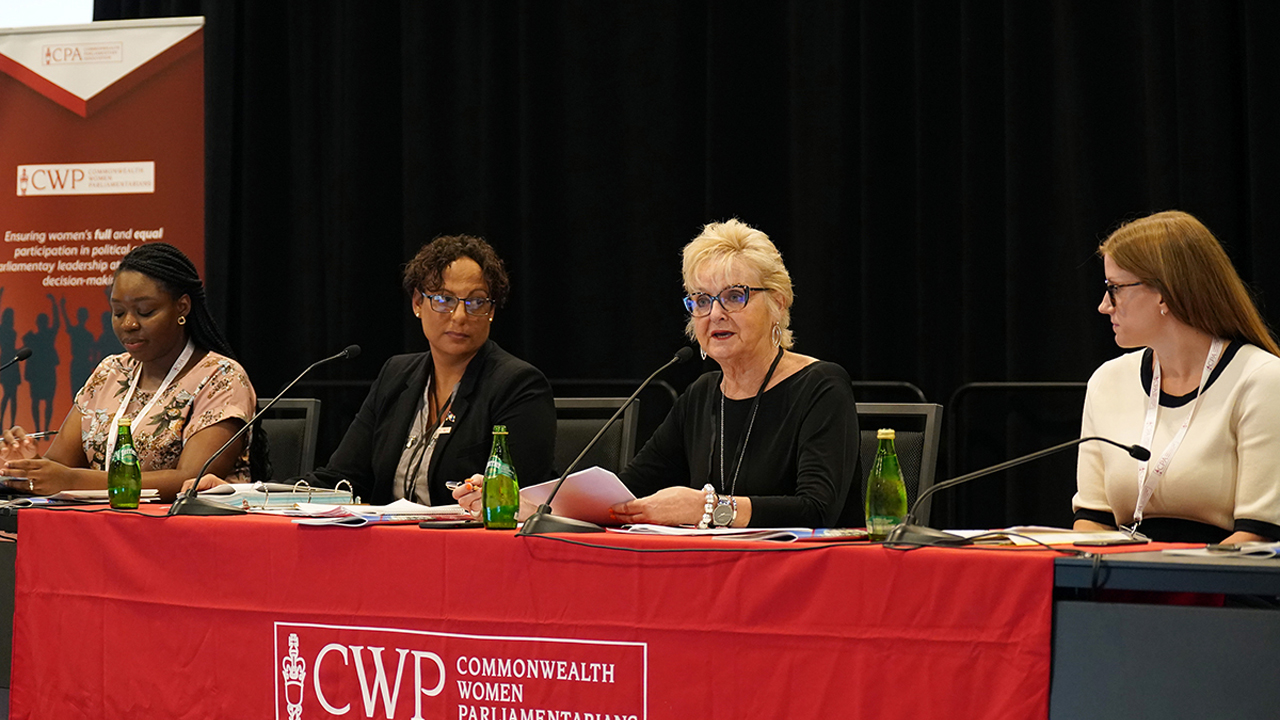The issue of women’s leadership and representation in politics is a critical one, reflecting the broader struggle for gender equality and social progress. Within the Commonwealth, a diverse community of 54-member countries, this challenge is both complex and multifaceted. Over the years, progress has been made, but significant challenges remain to ensure adequate gender representation in political leadership. This article delves into the progress made, the challenges faced, and the initiatives taken to promote gender equality and representation within the political landscape of Commonwealth countries.
Progress Made in Women’s Political Leadership:
In recent decades, there has been notable progress in increasing women’s representation in political leadership roles across Commonwealth countries. More women are now participating in politics as elected representatives, ministers, and even heads of state. Countries like New Zealand, India, and Canada have led the way by electing female prime ministers, providing inspiration to women globally and proving that gender is not a barrier to effective leadership.
Challenges Faced by Women in Commonwealth Politics:
However, despite these advancements, challenges persist. Deep-rooted gender biases, cultural norms, and structural barriers continue to limit women’s access to political leadership. Women often face discrimination, unequal access to education, and limited economic opportunities, which collectively hinder their political participation. Additionally, stereotyping and negative perceptions of women’s leadership abilities can deter them from pursuing political careers.
Barriers in Traditional and Cultural Norms:
Many Commonwealth countries have cultural norms that assign women to domestic roles, limiting their involvement in public affairs. Societal expectations often clash with the demands of political leadership, making it difficult for women to balance their family and political responsibilities. In some cases, women face resistance from traditional power structures, including male-dominated political parties and institutions, which can undermine their credibility and authority.
Initiatives to Promote Gender Equality and Representation:
Recognizing the need for change, numerous Commonwealth countries and organizations have undertaken initiatives to promote gender equality in politics. Quota systems and affirmative action policies have been introduced to increase women’s representation in legislatures and decision-making bodies. For instance, Rwanda, a Commonwealth member, has achieved remarkable success by implementing a mandatory 30% quota for women in parliament.
Capacity Building and Leadership Training:
Efforts to empower women politically also include capacity-building programs and leadership training. These initiatives aim to equip women with the skills, knowledge, and confidence needed to navigate the complexities of political leadership. Workshops, mentorship programs, and networking opportunities provide women with the tools to overcome barriers and thrive in male-dominated political environments.
Changing Perceptions through Education and Media:
Education and media play a crucial role in shaping societal perceptions. Initiatives that challenge gender stereotypes and promote women’s leadership capabilities can have a significant impact. Educational reforms that emphasize gender equality and women’s rights can pave the way for a more inclusive political landscape. Likewise, media campaigns showcasing successful women leaders help counter negative stereotypes and encourage more women to participate in politics.
Engaging Men as Allies:
Promoting gender equality in politics is not solely the responsibility of women; engaging men as allies is equally important. Men in positions of power can play a pivotal role in dismantling barriers and advocating for women’s participation. Men championing women’s causes can help create a more supportive and inclusive political culture.
Long Road Ahead:
While progress has been made, it’s important to acknowledge that achieving gender equality and representation in Commonwealth politics remains a long-term endeavor. Sustainable change requires continuous efforts to address systemic inequalities and biases. Collaboration among governments, civil society organizations, and international institutions is essential to drive meaningful change. Women’s leadership and representation in Commonwealth politics are essential for fostering diverse and inclusive governance systems. Despite the challenges posed by traditional norms and structural barriers, there is a growing recognition of the importance of women’s participation in decision-making processes. Through initiatives such as quota systems, leadership training, and educational reforms, progress is being made to level the playing field. As Commonwealth countries continue to strive for gender equality, it is crucial to remain steadfast in the commitment to creating a political landscape where women’s voices are heard and valued, ultimately leading to stronger and more inclusive societies.








